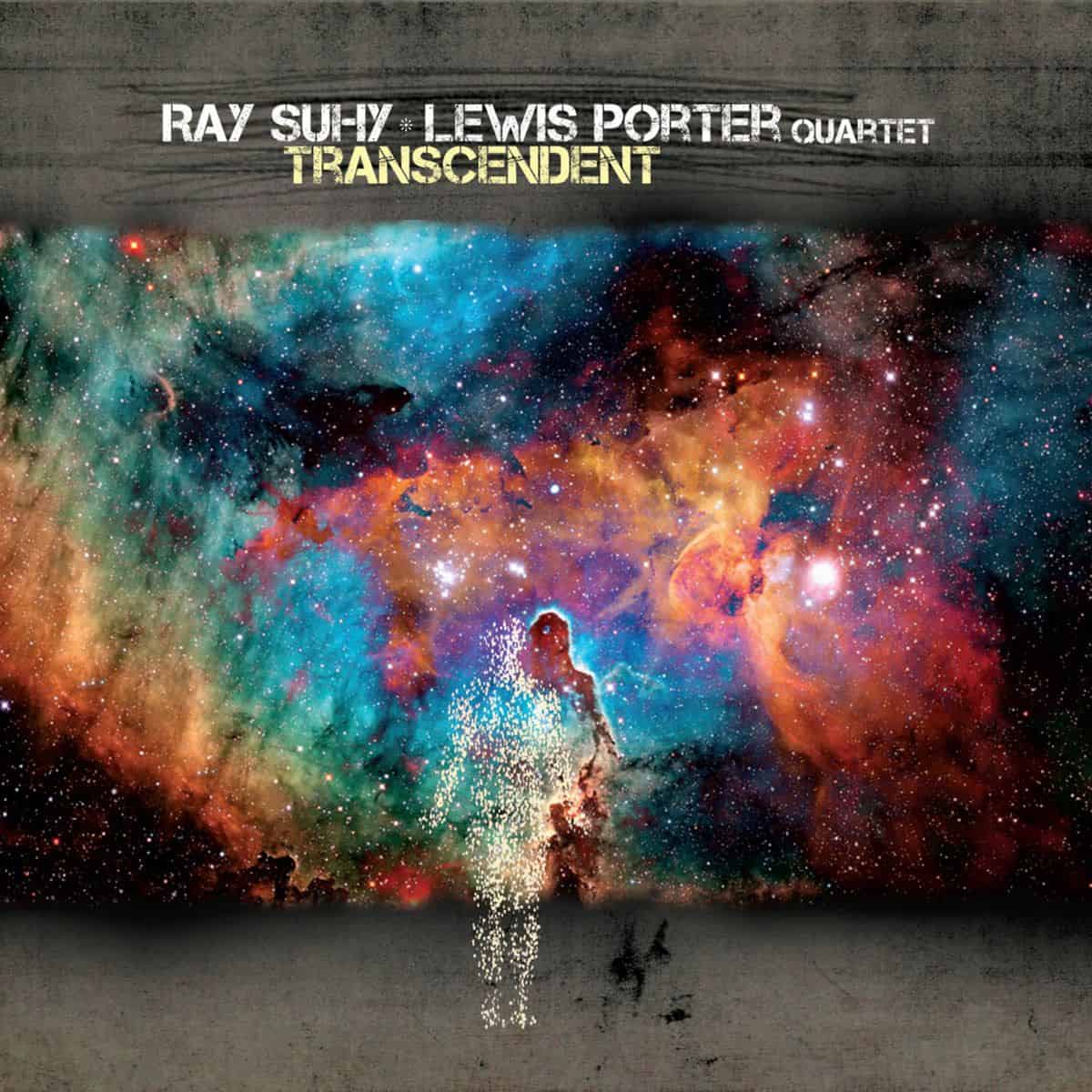The musicians are doing their all, but the zoom-type media experience is just not working for jazz. Jazz has an in-the-moment feedback that streaming can’t support. Catch a live performance and the musicians (if it’s safe for two or more to got together) can be seen responding to each other, but there’s nothing they can get from the viewers, nor nothing the audience can pass around via anything other than text chat.
A solo performance, like pianist Fred Hersch’s daily lunchtime sets on Facebook, are self-contained in a way that makes them slightly more suitable for streaming, but it’s not enough. For the viewer, it’s like watching practice—the playing can be great but it often seems meant for an internalized purpose, it’s not extroverted in the inherent manner of a public gig.
And then there’s the screen. The screen, the screen, the screen, I scream. It’s draining to concentrate on streaming events, whether a concert or a business meeting—it takes more energy to focus on a what’s happening, and there’s fewer resources left for real listening. The distractions never end, either, there’s always something popping at the edge of the screen, and digital muscle memory is attuned to switch focus at the slightest lull—one reason streaming from Spotify can be so jejune.
If you’ve spent the day in front of a screen, working from home, trying to occupy yourself, or even dealing with the New York State Department of Labor, how much desire do you have to plant yourself in front of that same glowing rectangle for entertainment and release? Good thing the liquor stores are still open.
But there’s still records, CDs, even cassettes (they’re making a modest return). Do you have any of those sitting around? Despite the continued paradox of improvisational music set in wax, records still work, they still satisfy. Listen to Kind of Blue again, every note falling into place exactly where memory tells you it should, and it’s still beautiful, it still makes you stop what you’re doing and listen.
That’s how records work, that’s how jazz records work; you listen to it, it sounds good, you listen to it again, and pretty soon you implicitly anticipate every moment, and when that moment comes, it feels damn good, and that feeling just accumulates until the record stops, and there’s something like a sigh that comes out of you and out of the stereo and sits there in the air for a moment. That’s almost like a concert, that moment of silence before the hands come together.
The records are still coming out, and that’s good too. The external enemy is COVID-19 and, to a lesser but still significant extent, the federal government and a substantial number of our fellow inhabitants of this mess of a country. But inside our homes, the enemy is monotony and its agitations. I look at my record collection, all the albums that I know I love, and I can’t listen to them because I know what they are, just as I know every detail of my home. It’s the stasis that eats at the mind and soul, the lack of new sensations and experiences.
Listen to new things, there’s some awfully good new and recent releases:
Jeremy Pelt, The Art of Intimacy, Vol. 1 (High Note). This is essentially a ballads album from the trumpeter, in a trio setting with the great, unsung pianist George Cables and bassist Peter Washington. Pelt has been a sophisticated, poised player and composer for many years, and this record is everything the title promises—warm and expansive in the way of someone holding you close, the music is full of weight and meaning to the musicians, and Pelt’s mellow tone is succulent.
Avishai Cohen, Big Vicious (ECM). Cohen is also a trumpeter, a lovely player who in the past has been bound a little too closely to emulating Miles Davis’ 1950s-60s styles. This album is something new from him, an electro-acoustic hybrid that mixes jazz thinking with sounds and beats from rock, hip hop, and new soul. It’s lyrical through and through, and Cohen’s arrangements have impeccable taste and craft. It’s a hip record that keeps its hipness to the side and puts communication and pleasure at the fore.
Pianist Lewis Porter and guitarist Ray Suhy have an album on Sunnyside, Transcendent. The two players have built a modern update on the spiritual jazz movement, a kind of yearning, reaching poetic quality with a muscular rock groove and feel. This is an exhilarating album, not the least of it the drumming by Rudy Royster, some of the best I’ve heard on any new record in several years.
You’ll have to wait for the June 12 release date, but the duo Endless Field (guitarist Jesse Lewis and bassist Ike Sturm) have a gorgeous new album on Biophilia (digital only), Alive in the Wilderness. These two come out of the exceptional Pat Metheny/Charlie Haden album, Under the Missouri Sky, and have a unique sound that’s modern music made with a folk conception. Their name, and the title, indicates how they like to connect to the experience of facing the natural world, and it’s amazing how they capture it with only the most basic elements of melody, harmony, and rhythm. The album was recorded live in the desert in southern Utah and proceeds go to the National Resources Defense Council, so put this one on your shopping list.
These musicians, and everyone dedicated to making jazz, are your friends, the music is just waiting for you to let it say hello to you. They can be there with you, if only in the moment.
Author
-

George Grella wrote the book on Miles Davis’ Bitches Brew. He write other stuff too. killyridols.substack.com/
View all posts
George Grella wrote the book on Miles Davis’ Bitches Brew. He write other stuff too. killyridols.substack.com/










